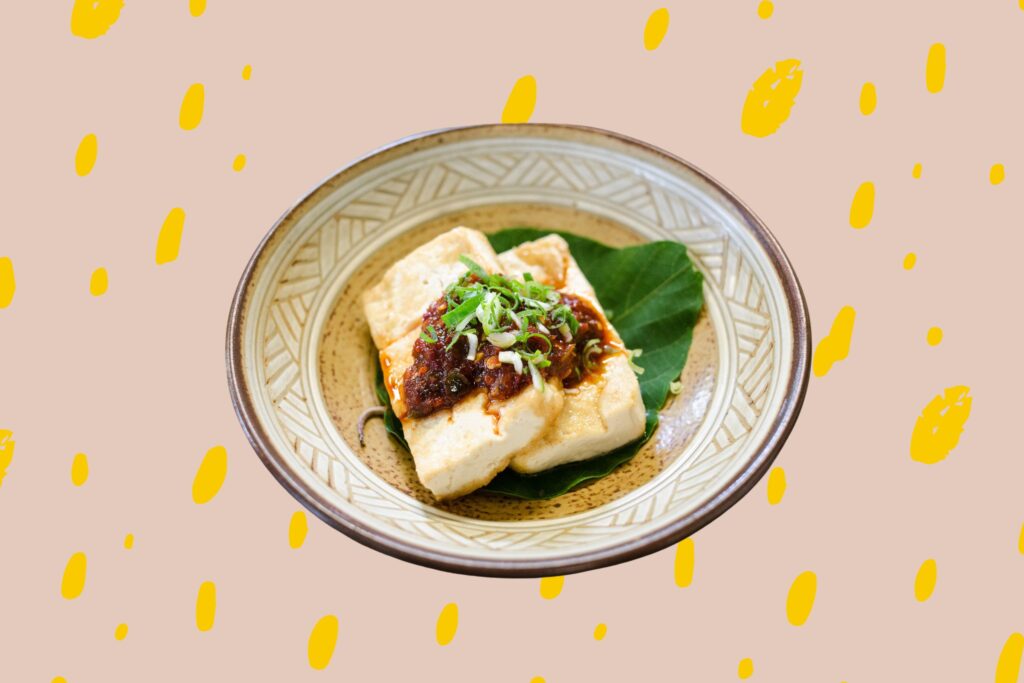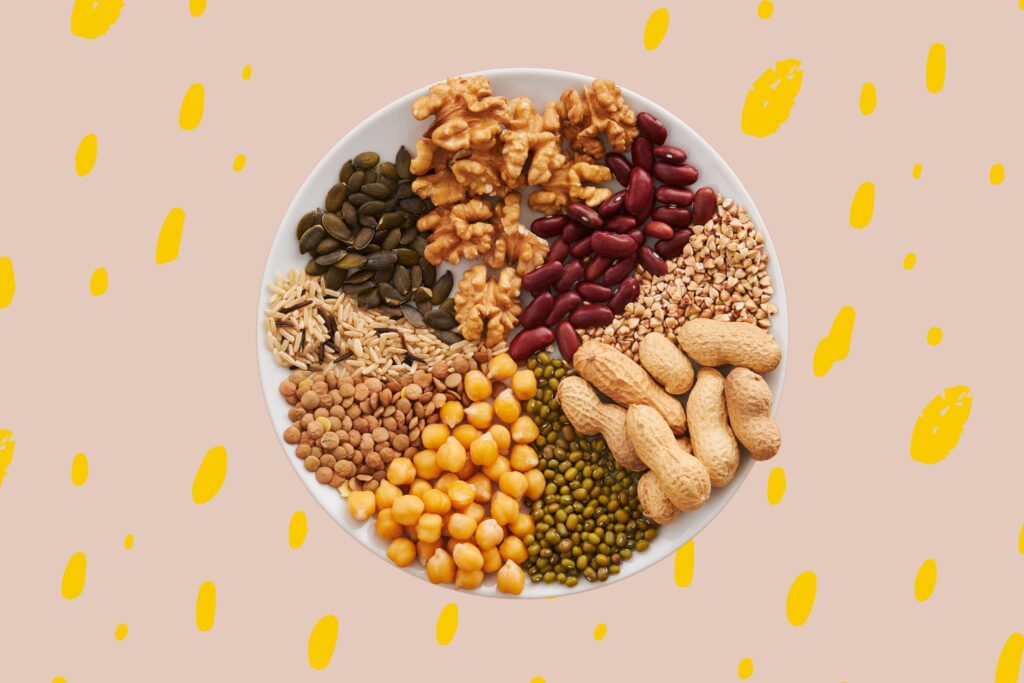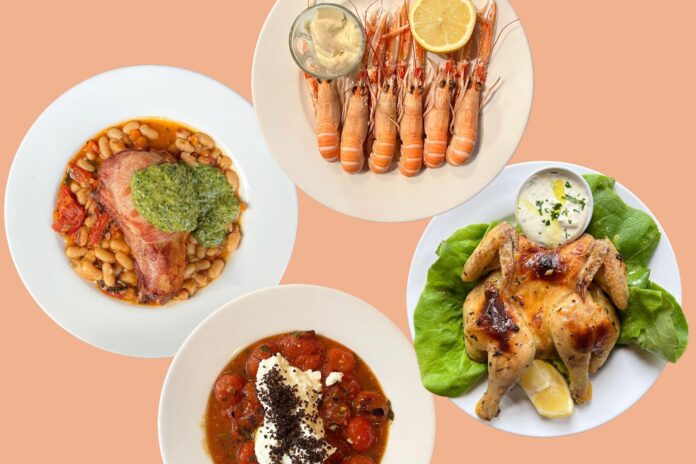It’s common knowledge that eating more vegetables and less meat is good for your health. Not to mention it’s ethical and great for the environment.
If you are inspired to try following a vegan diet, you are in the right place. Whether for health, environmental, or whatever reason, excluding all animal products (mainly meat, dairy, and eggs) means your meals will be full of nutritious foods such as fruits, vegetables, whole grains, legumes, etc.
Still, vegans sometimes tend to miss out on essential nutrients if they don’t have a well-planned diet and rely on eating lots of processed vegan foods. If you want to start a vegan diet, make sure you do it properly and adopt the best plant-based diet for your overall health. Here are some tips to help you get started. A vegan diet can be very easy and healthy when you are well-informed. Let’s begin!
It’s All About The Vitamins
The most common concern about vegan diets is whether or not they provide you with all the nutrients, vitamins, and minerals your body needs. Some people argue that a plant-based diet doesn’t meet your daily nutrient requirements, while others claim vegans don’t need any supplements.
Actually, vegan diets are often healthier than a carnivore’s, and are generally more likely to reach the recommended vegetables and fruits a day regularly. That said, it does pay to be mindful in your approach to your diet, as a vegan, to ensure you’re getting all your nutritional needs met, particularly where Vitamin B12, zinc, omega 3, calcium and iron are concerned. That said, studies have shown that vegans can benefit from supplementation when combined with a balanced diet.
The dietitians at omvits.com suggest that the best supplements for vegans contain nutrients in a form that is as close as how they are found in nature. This is the reason why some of the vegan supplements are even better than their animal-based alternatives. The most important thing for you is to do your research and educate yourself. Let’s explore some of the most important nutrients you may need to supplement as a vegan:
- Vitamin D, especially D2 and D3
- Vitamin B12 – Most experts recommend it in cyanocobalamin form since it’s beneficial for most people and the most studied one
- Iron – Be careful, because you don’t want to ingest too much since it can prevent absorption of other nutrients and cause problems. Make sure you consult your doctor and take it only if you have an iron deficiency.
- DHA and EPA that are found in algae oil
- Iodine – It’s recommended to take it on a daily basis. You can either add ½ teaspoon of iodized salt to your food or take a supplement.
- Zinc – It’s important to remember not to take your zinc supplements at the same time as your calcium supplements. Experts recommend taking it in zinc citrate or zinc gluconate forms.
- Calcium – Don’t take it at the same time as your zinc and iron supplements since they may reduce calcium absorption. 500 mg is a recommended dose.

Eat A Variety Of Foods
When you are on a vegan diet it’s important to ensure you are getting all the nutrients you need. Balanced meals are the key, as well as a variety of healthy foods. Many vegans base their diets on carbs mainly and forget the importance of protein and healthy fats. Nutrient deficiency can cause many health issues, so be sure you have all 3 main groups covered.
Excellent plant sources of protein are legumes, which are also rich in iron. Lentils, beans, and peas contain 10-20 grams of protein per cup, not to mention they are great sources of fiber, magnesium, zinc, folate, and slowly digested carbs.
Tofu, tempeh, and other meat substitutes can be very rich in protein. In fact, 100 grams of tofu contains 19 grams of protein. Tempeh is a good source of iron, calcium, and even B12. Another popular meat alternative – seitan is rich in selenium, calcium, phosphorus, and iron. A 100 g portion of seitan provides 25 g of protein.

To get a good amount of vitamins A, C, and K, make sure you eat your leafy greens, such as spinach, arugula, lettuce, and kale. Sweet potatoes and carrots are great sources of vitamin A, which is important for your eyes, while tomatoes contain lycopene – essential for your heart health. If you are a fruit lover, try including more blueberries in your diet, since they are great antioxidants and good for your brain function.
We’ve also been learning lately about the health benefits of resistant starches. As the guys at Supergut tell us, getting this type of starch in our diet (found in green bananas, plantain, cooked and cooled potatoes and rice, and uncooked rolled oats, among other ingredients) can help with poor digestive issues and low energy levels.
Check out the Healthline’s review of resistant starch and some of the studies surrounding it to learn more.
Read: How to live a vegan lifestyle in 2021
Nuts & Seeds Are Essential
Nuts, seeds, and nut butter are popular sources of healthy fats and proteins for many vegans. They also contain fibre, iron, magnesium, selenium, zinc, and vitamin E, as well as antioxidants. The good thing about nuts and seeds is that they are very versatile – meaning you can consume them on their own as a snack or make many interesting desserts, sauces, and other recipes. Next time you feel like you miss dairy, try making cashew cheese, which is a favourite for many vegans.
Seeds that contain the most protein are hemp, flax, and chia seeds. For example, 28 g of hemp seeds contain 9 g of protein, which is amazing. It’s almost 50% more than other seeds. Another great benefit is the amount of omega-3 and omega-6 fatty acids that can reduce inflammation, diminish PMS symptoms, and improve your skin. Chia seeds are very high in alpha-linolenic acid (ALA) that plays an important role in your nervous system.

Try These Vegan Alternatives
At one time, going vegan, like going gluten-free, meant sacrificing on flavour and diversity in your meals. But supply and demand is a wonderful thing, and with the number of vegans ever growing, so too the number of great vegan alternatives to the ingredients and meals most often missed. Today, there are a lot of different vegan products to choose from, which means that it is easily possible to go vegan and still eat what you love.
So which brands should you try? Well, why not start with the most popular? Recent research conducted by commercial kitchen experts Maxima Kitchen Equipment reveals the most googled vegan brands in the world are…
- Beyond Meat is the world’s most searched-for vegan brand. The producer of plant-based sausages, burgers, and beef pulls in more than 422,000 searches a month – more than twice as many searches as its nearest competitor.
- Oatly is the world’s second most Googled vegan brand. The company – which creates oat-based alternatives to milk, yoghurt and ice-cream – rakes in almost 200,000 searches a month, well ahead of the average searches for all brands on the list (127,000).
- Quorn is the world’s third most searched-for vegan brand. The global meat substitute, famously endorsed by Olympic stars Mo Farah and Adam Peaty in the past, pulls in 95,000 searches a month.
- JUST Egg is also among the world’s favourite vegan brands. The plant-based egg product – a favourite breakfast ingredient of singer Lizzo – rakes in 94,000 searches a month, making it the fourth most Googled vegan brand in the world.
- Follow Your Heart, producers of plant-based mayonnaise Veganaise, and multiple vegan cheese products, saw the world’s fifth highest number of searches, at 32,000 a month.
Read: 5 myths about being vegan dispelled today
Don’t Assume Vegan Food Products Are Healthier
Many people think vegan products are always much healthier than animal products but that’s unfortunately not the case. Vegan cookies don’t necessarily have better ingredients than regular cookies and consuming them doesn’t mean you will lose weight or avoid processed sugars and fats. Also, people assume that vegan margarine is much better for their cholesterol levels than butter but they couldn’t be more wrong.
Processed vegan foods can often contain loads of saturated-fat-laden coconut oil and palm oil and we all know that saturated fats may cause high cholesterol levels. They especially raise your LDL which increases risks of stroke and heart diseases.
Indulging in vegan treats from time to time is perfectly fine, but you shouldn’t overdo it. The best strategy is to stick to whole, nutritious foods and have balanced meals. Being vegan isn’t as difficult as you may think. In fact, as soon as you get to enjoy all the benefits, you may never want to go back to your previous lifestyle again.
While you’re here, check out these 5 of the most vegan friendly cities in the world for your next holiday inspiration!





